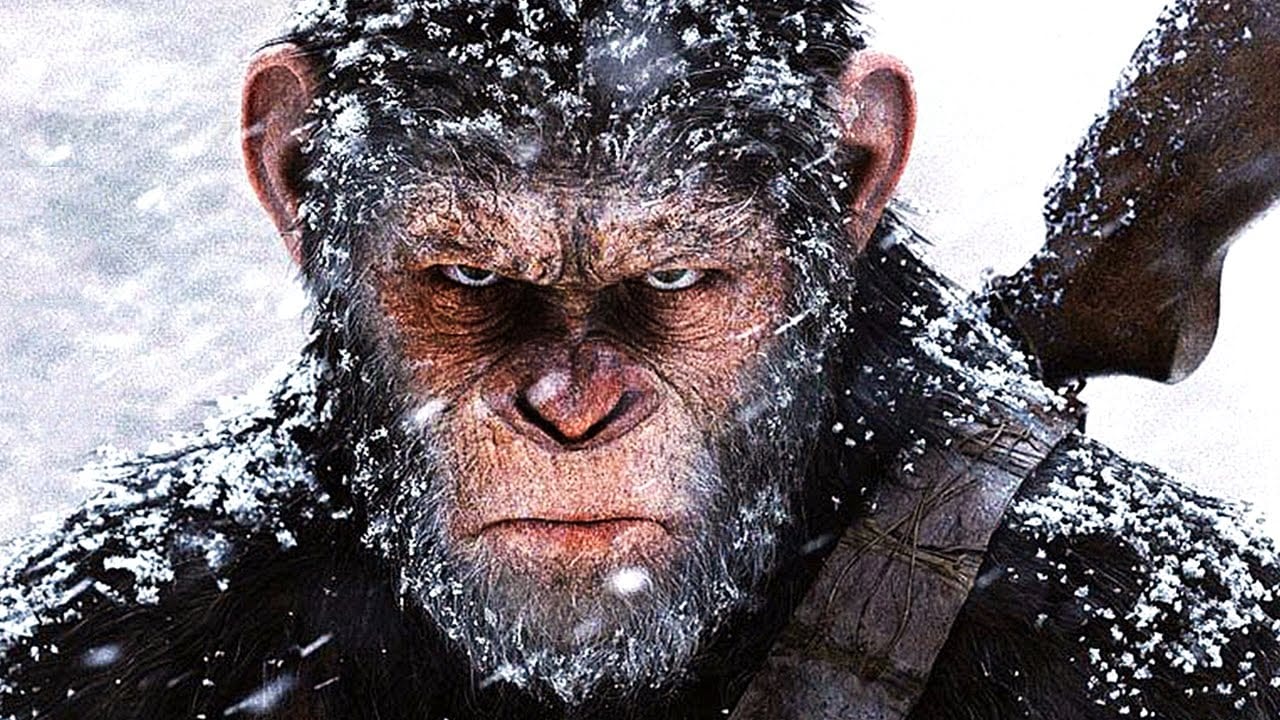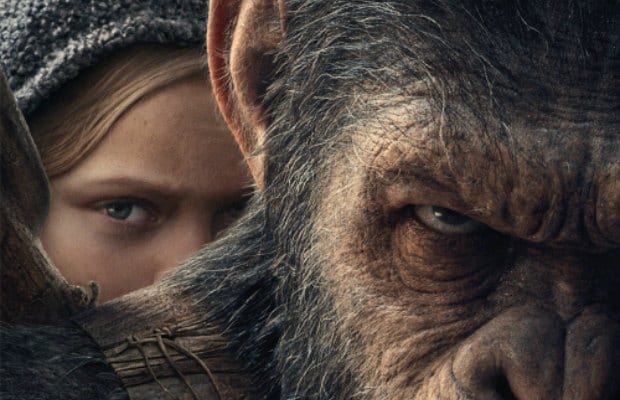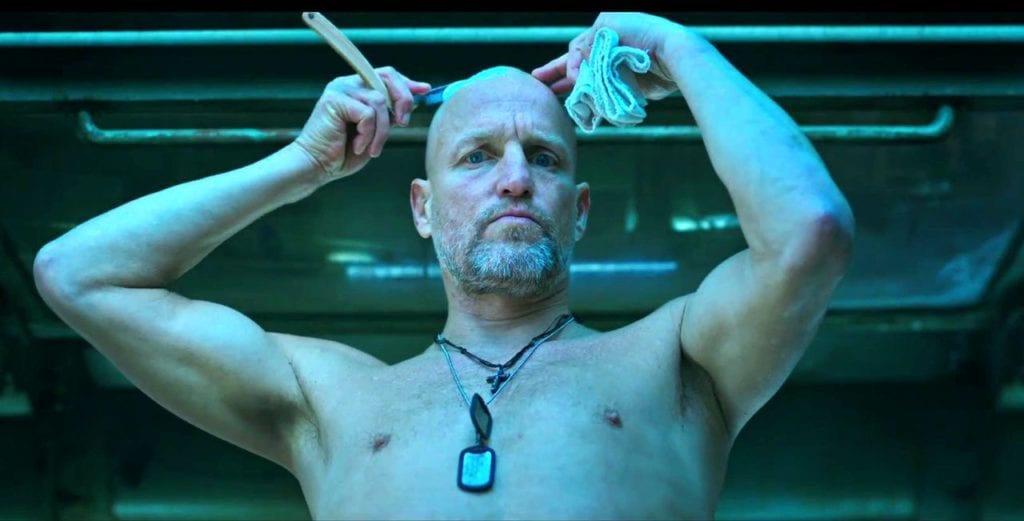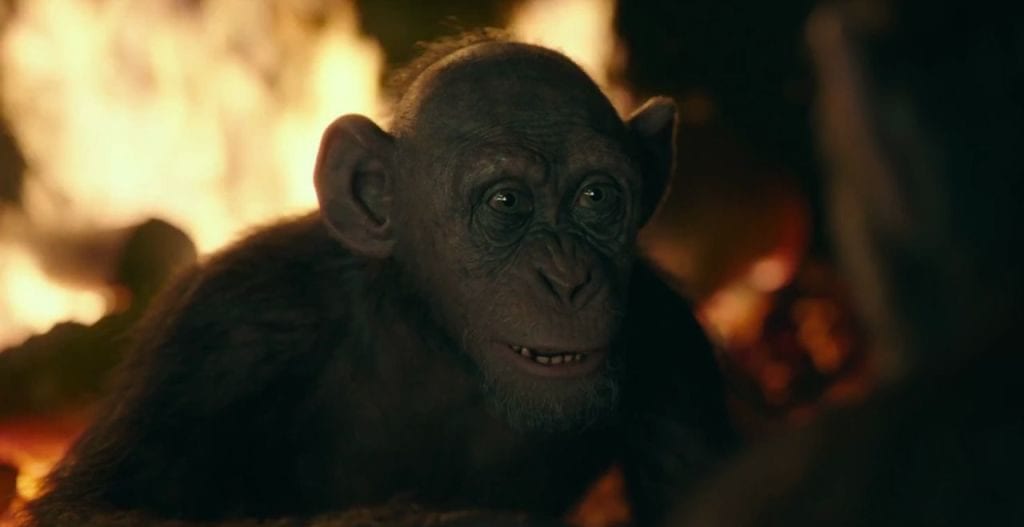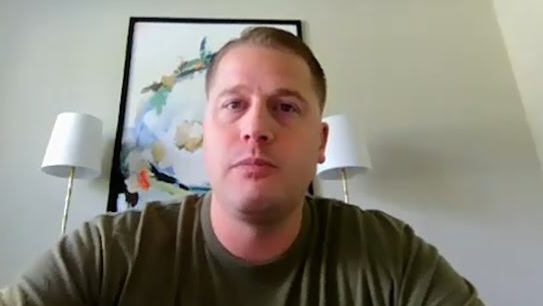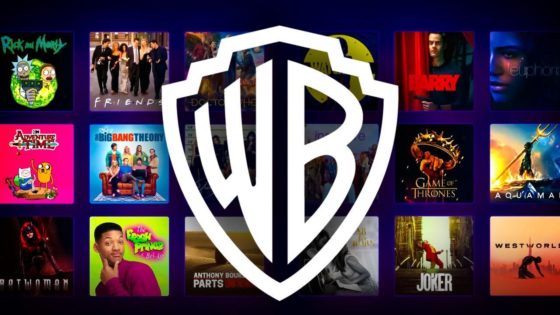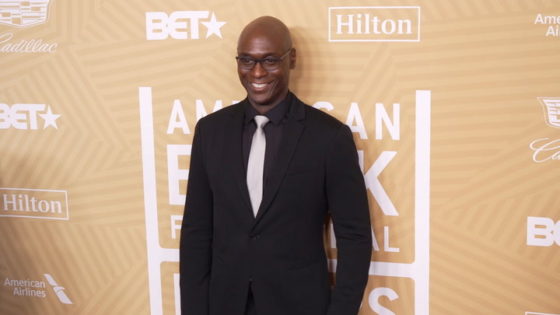Franchise fatigue. This is a phrase that seems to have grown due to Hollywood’s inability to allow original material to take precedence over past success. It’s easy to get incapacitated by sequel-itis, especially during the summer. But there are exceptions like War for the Planet of the Apes. 20th Century Fox debuted Planet of the Apes in 1968 with Charlton Heston as George Taylor, one of the surviving astronaut crew that crash-lands on a planet where intelligent apes are the dominant species. The film would spawn five sequels, television and animated series. The studio would try to relaunch the franchise in the early 2000s with Tim Burton’s failed remake starring Mark Wahlberg. It would be more than a decade before Fox would reboot the series with Rise of the Planet of the Apes.
Over the course of six years and three films, this new trilogy is in a rarefied league: It is the most satisfying trilogy, from beginning to end, since The Lord of the Rings. That may seem a tad hyperbolic but let’s be honest, most trilogies rarely have a satisfying ending. While a fourth film is reportedly in a planning stages, the story of Caesar — from intelligent infant chimpanzee to societal leader — has a feeling of finality, of completion.
War for the Planet of the Apes is perfect for summer escapism. But it is also smart and serious. While it is easy to get overwhelmed by Weta Digital’s impressive visuals and Andy Serkis’ mo-cap performance as Caesar, leave it to director Matt Reeves and co-writer Mark Bomback to pull back and offer a substantial narrative to match its grand spectacle.
The underlying themes and messages presented go further than most mainstream releases.
Much in the way Logan, the grand denouement of Hugh Jackman as Wolverine, incorporated western motifs in a comic-book movie, Reeves borrows of a litany of works to construct a post-apocalyptic tale that touches upon many subjects. Whereas its predecessor, Dawn of the Planet of the Apes, offered a clash in ideologies — where Caesar is accused by Koba, a facially scarred bonobo, of loving humans more than apes — War shows the horrors of war, the dangers of obsession, and again deals with racial issues.
With most of the human race wiped out by the airborne Simian Flu, the conflict between man and ape continues to escalate. A small camouflaged militia with phrases like “Monkey Killer” scrawled on their helmets will attack without hesitation. This battle happens within the first few minutes and gives early indication that empathy resizes with the apes. Humans are the antagonists and their leader is Woody Harrelson as the enigmatic Colonel.
With a close shave to the scalp not seen since he was Mickey Knox in Natural Born Killers, Harrelson is hellbent on genocide. The Colonel is a madman. He has also lost something that has made him that more vindictive towards Caesar and his kind. The revelation is compelling and draws our sympathy, but the Colonel’s brutality cannot be denied. Even Caesar, the leader of the apes, is not immune to channeling his dark side when pitted against him. On a quest to track and kill the Colonel, Caesar, along with companions Rocket and the orangutan Maurice, encounter the orphaned girl, Nova (Amiah Miller), and a loner simian in the woods that goes by the name of “Bad Ape” (Steve Zahn).
Andy Serkis is the best actor of the year. Straight up. He doesn’t appear on-screen behind heavy prosthetics or make-up. Actually, he doesn’t truly appear in the film. He’s a special effect. Serkis was one of the pioneer actors in motion capture having played Gollum and King Kong for director Peter Jackson. It is his masterful performance as Caesar in this new Planet of the Apes trilogy, however, that needs be applauded and justly rewarded. We lose ourselves in Serkis’ performance. The power of cinema is in providing illusion and I can’t think of a more effective illusion than sharing in Caesar’s suffering, his revenge, his solace.
Caesar’s adversary is a another story. Woody Harrelson is cold and calculating; Reeves undoubtedly inspired by Marlon Brando’s Col. Kurtz from Apocalypse Now. Harrelson’s no-nonsense approach to the character excels and his motivation for genocide is prudent considering his personal tragedy.
War for the Planet of the Apes is the greatest entry in the long-running franchise and easily one of summer’s best, if not the year. Matt Reeves has established himself as a director where we should anticipate his next project (which just so happens to be The Batman for Warner Bros.). Able to draw inspiration from the previous Planet of the Apes films and classic war pictures — all that was missing was Caesar jumping a prison wall on a motorcycle — War for the Planet of the Apes is more than a great escape. It’s great, period.
Director: Matt Reeves
Writer: Matt Reeves and Mark Bomback
Cast: Andy Serkis, Woody Harrelson, and Steve Zahn
Rating: PG-13 (for sequences of sci-fi violence and action, thematic elements, and some disturbing images)
Running Time: 140 minutes



